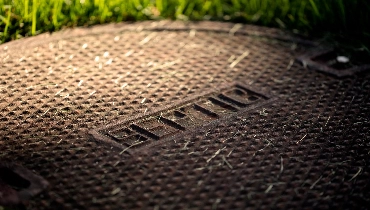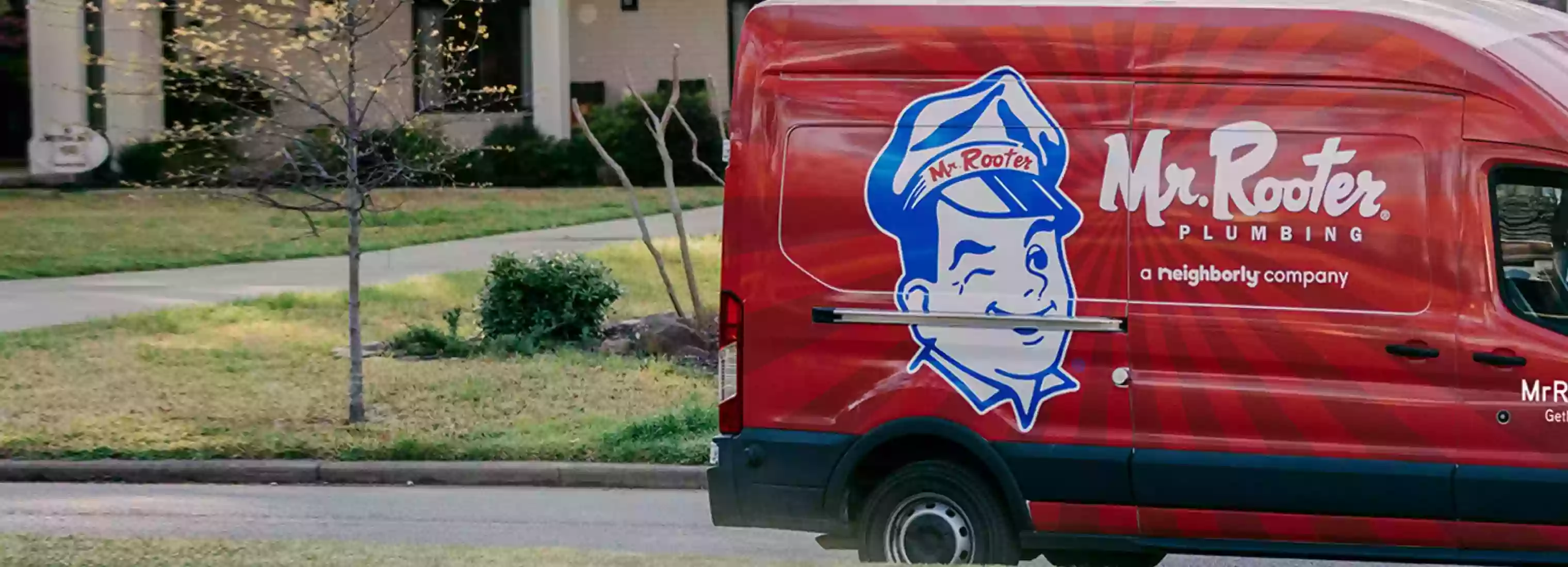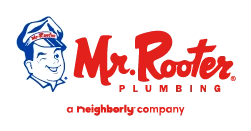Septic Tank Care Dos & Don'ts

How to Keep Your Septic Tank Healthy
A septic system is a crucial component of any home not connected to a public sewer system. It's an underground wastewater treatment system that collects and treats sewage from your home's plumbing fixtures, including toilets, sinks, showers, and washing machines, and breaks down biodegradable contents like waste and toilet paper.
Without proper maintenance, septic systems can malfunction, leading to unpleasant odors, backups, and even groundwater contamination. In this blog post, Mr. Rooter Plumbing of Yavapai, Coconino, and Maricopa Counties will discuss some of the most important things homeowners should do (and avoid doing) to keep their septic systems running smoothly.
By following these dos and don'ts and maintaining your septic system regularly, you can ensure that your septic remains in good working order for years to come!
Septic Systems Dos
Here is what you should consider when caring for your septic system:
- Pump your septic tank regularly: Regular pumping is crucial to prevent solids from building up in the tank and clogging the drain field. Most experts recommend pumping every three to five years, but this can vary depending on factors like household size and water usage.
- Conserve water: Too much water can overload your septic system, leading to backups and other issues. Be mindful of your water usage by fixing leaks, taking shorter showers, and running full loads of laundry and dishes.
- Direct rainwater away from the drain field: Excess water from rain or snowmelt can saturate your drain field and cause it to fail prematurely. Make sure gutters, downspouts, and other drainage systems direct water away from the area around your drain field.
- Use septic-safe products: Harsh chemicals found in many household cleaners can kill beneficial bacteria in your septic system, decreasing its effectiveness. Use septic-safe products instead, such as those labeled "biodegradable" or "safe for septic systems."
- Keep accurate records: Keep track of when your septic system was last pumped and any repairs or maintenance that has been done. This information will be helpful for future inspections or if you decide to sell your home.
Septic System Don'ts
Here are some things to avoid when caring for your septic system:
- Don't plant trees or shrubs near the drain field: The roots of trees and shrubs can invade your drain field, causing damage to pipes and disrupting the system's ability to treat wastewater effectively.
- Don't park or drive heavy vehicles over the drain field: Heavy vehicles can compact the soil around your drain field, reducing its ability to absorb water properly and even damaging the pipes.
- Don't use a garbage disposal if you can help it: Garbage disposals can increase the amount of solids in your septic system, leading to blockages and other problems. If you have a garbage disposal, use it sparingly.
- Don't use non-biodegradable items: Septic tanks rely on beneficial bacteria to break down waste, so avoiding flushing non-biodegradable items is important.
- Don't ignore warning signs: Septic systems are delicate, so paying attention to any warning signs, such as bad odors or slow-draining toilets, is important. If you notice any of these signs, contact a professional for repairs.
List of Things Not to Put in Septic Tank
To prevent any harm from occurring, it is key that homeowners take extra caution when disposing of items in their septic tank. To ensure you don't make a costly mistake, here is a list of the things you should NEVER send to your septic tank:
- Baby wipes, dental floss, and other hygiene products: These items don't break down like regular toilet paper and human waste, which can cause severe clogs and backups.
- Grease and cooking oils: Not only are you subjecting yourself to clogged drains, but fats, oils, and grease also will float to the top. If there's too much, there's a chance that the layer of oils will start to make its way back up your pipes.
- Coffee grounds and eggshells: These two things seem harmless enough, but the truth is that coffee grounds and eggshells are some of the sneakiest cloggers out there, especially when built-up in a septic tank.
- Medications: Prescription drugs and over-the-counter medications can harm the beneficial bacteria in your septic system and contaminate groundwater. Dispose of expired or unwanted medications through a drug take-back program or at a designated collection site.
- Car litter: Cat litter is not biodegradable and can cause blockages in your septic system. Instead of flushing it down the toilet, dispose of it with other household waste.
- Harsh cleaning chemicals: Harsh chemicals found in many household cleaners can kill beneficial bacteria in your septic system, decreasing its effectiveness. Avoid flushing or pouring chemicals like bleach, ammonia, or drain cleaners down the drain.
All of these have one thing in common: they're non-biodegradable. They won't break down easily and can wreak havoc on your septic system, leading to an ineffective septic tank and damage rippling throughout your home's plumbing.
Bottom Line: Septic Care Is an Important Part of Plumbing Maintenance
Whether you're a veteran homeowner looking to improve your home's plumbing system or a brand new homeowner, proper septic care is key to keeping your home's plumbing running smoothly. By following the dos and don'ts above, you should have a better idea of how to keep your septic tank healthy.
But you shouldn't have to do it all on your own! Essential septic maintenance, like pumping and repairs, can – and should – be handled by professionals like Mr. Rooter Plumbing of Yavapai, Coconino, and Maricopa Counties. Our experienced team of plumbers offers septic maintenance services to homeowners in Prescott and the nearby areas, so don't hesitate to reach out today for help!
Contact us online to request a FREE Prescott septic tank service estimate!
 Click to call
Click to call


